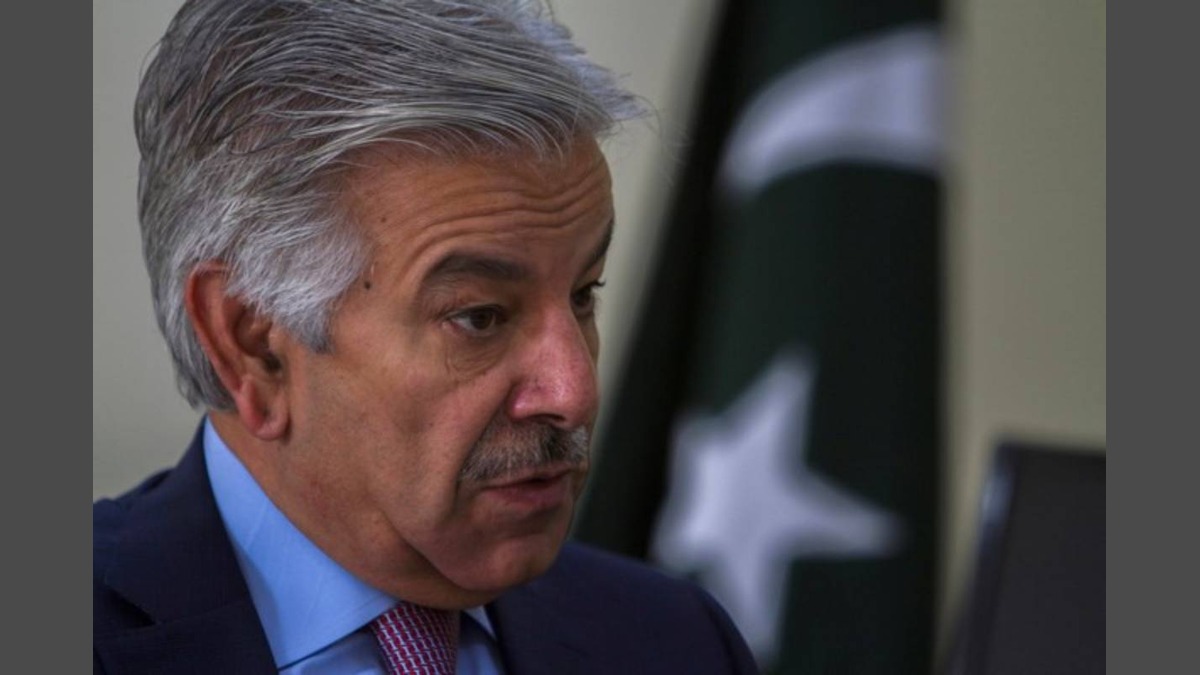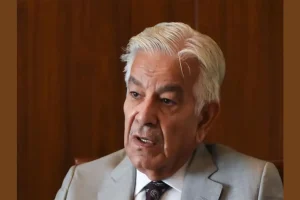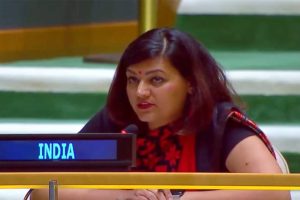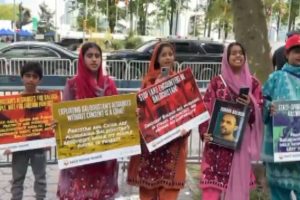On Saturday morning, Pakistani media reported that Prime Minister Shehbaz Sharif had called for a meeting of the National Command Authority (NCA), the body responsible for overseeing Pakistan’s nuclear weapons policy. However, just hours later, Pakistan’s top officials, including Defence Minister Khwaja Asif, backtracked under external pressure, denying that such a meeting had been called.
Asif, attempting to defuse the situation, stated that no meeting of the National Command Authority was scheduled and assured that the nuclear option was not currently on the table. His remarks followed diplomatic discussions involving US Secretary of State Antony Blinken, who had spoken to Pakistan Army Chief General Asim Munir and Pakistan’s Deputy Prime Minister and Foreign Minister Ishaq Dar. These conversations were likely prompted by growing international concerns over the escalating tensions between India and Pakistan.
Further, to clarify Pakistan’s stance, Asif told Geo News that while the nuclear option was not being considered, any escalation could lead to “wider destruction” beyond the region. He added, “Our options are being reduced considering the situation India is creating,” signaling that Pakistan’s rhetoric around its nuclear capabilities remained a key point of leverage.
This backtracking followed heightened diplomatic exchanges and rising military tensions between the two countries. Prime Minister Sharif also briefed key political leaders about the standoff, continuing Pakistan’s long-standing practice of using its nuclear arsenal as leverage in times of crisis. This rhetoric was echoed in Sharif’s recent address to Pakistan’s National Assembly, where he mentioned Pakistan’s nuclear capability in the context of ongoing tensions with India.
Meanwhile, tensions on the India-Pakistan border have been escalating, with India taking decisive action against Pakistan’s provocations. Foreign Secretary Vikram Misri condemned Pakistan’s actions as “escalatory” and “provocative”, asserting that India’s response has been both measured and responsible.
In retaliation, the Indian Armed Forces carried out precision strikes on Pakistani military installations along the western border and Line of Control (LoC), targeting command centers, radar sites, and ammunition depots in Pakistan and Pakistan-occupied Kashmir (PoK). The airstrikes were carried out using air-launched weapons from Indian fighter aircraft, striking key Pakistani military locations including Rafiqui, Murid, Chaklala, Rahim Yar Khan, Sukkur, and Chunian.
The back-and-forth between Pakistan and India underscores the delicate and high-stakes nature of the ongoing situation, with both sides on edge and global powers closely monitoring developments.





